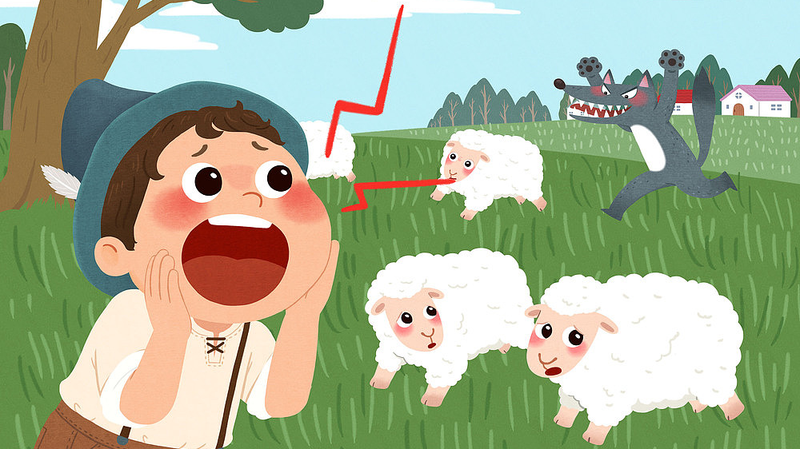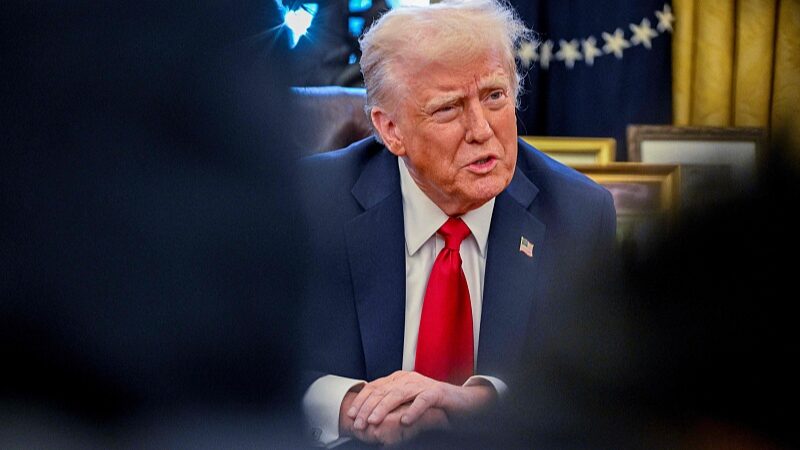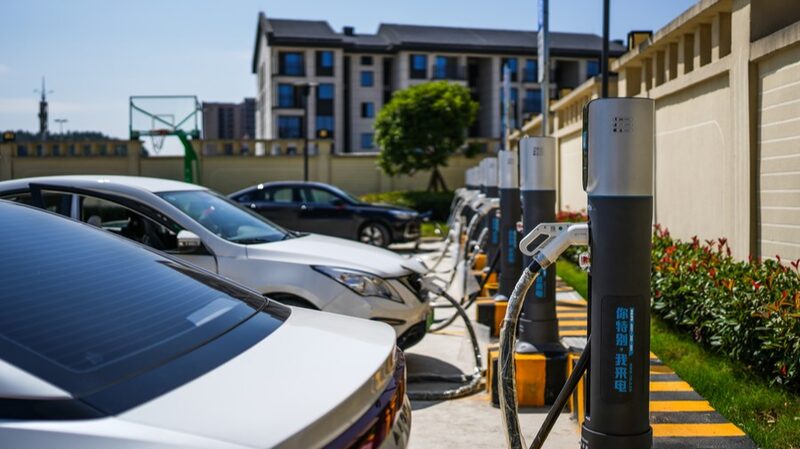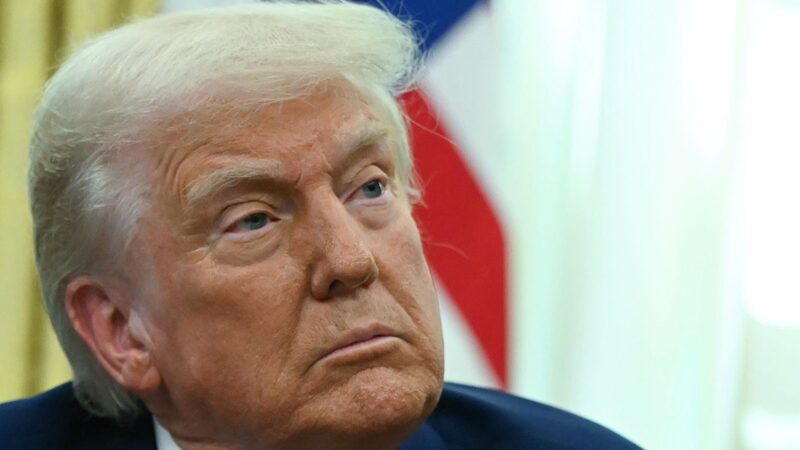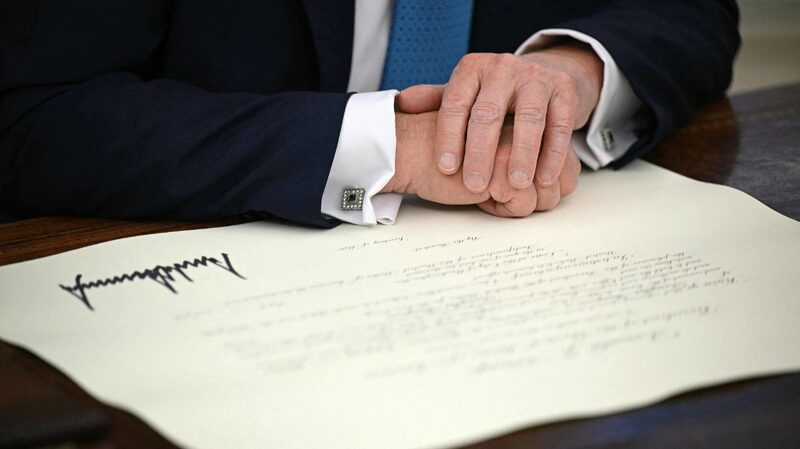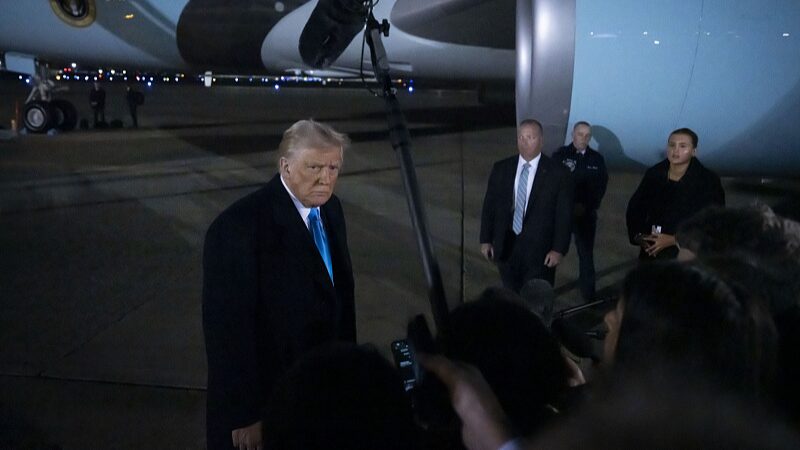Recent U.S. tariff shifts have reignited debates about their domestic economic and political consequences. Last week, American tech sectors faced whiplash as President Trump reversed a temporary exemption on electronics tariffs, reclassifying them under new categories. China's Commerce Ministry criticized the move as a "meaningless numbers game," highlighting global market instability caused by volatile U.S. trade policies.
The 'Boy Who Cried Wolf' Parallel
Observers draw parallels to Aesop's fable, where repeated false alarms erode trust. Analysts argue Trump’s erratic tariff strategies – including threats of 245% duties on select Chinese goods – follow a similar pattern. "When credibility dissolves, even legitimate crises risk being ignored," remarked one economist, pointing to growing U.S. institutional fragility.
Eroding Checks and Balances
Experts warn that weakened legislative oversight and partisan loyalties enable unchecked executive actions. "The system designed to restrain overreach is buckling," noted a political scholar, emphasizing how media fragmentation and polarized ideologies shield policymakers from accountability.
The Hidden 'Wolf': Domestic Decay
While tariffs dominate headlines, analysts identify deeper threats: income inequality, aging infrastructure, and political gridlock. "Blaming external rivals distracts from homegrown challenges," said a policy researcher. "The real crisis will emerge when systemic decay meets public apathy."
Reference(s):
Trump's tariff theatrics distract from the real threat at home
cgtn.com
